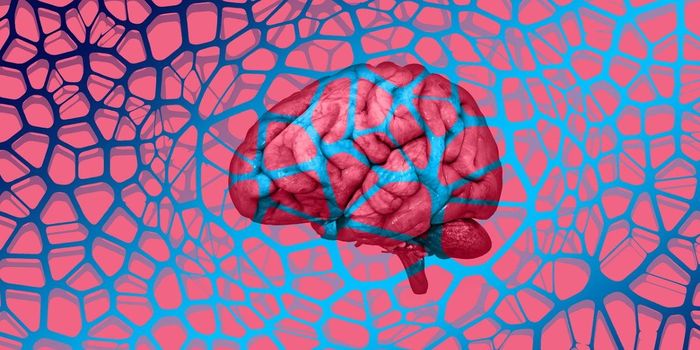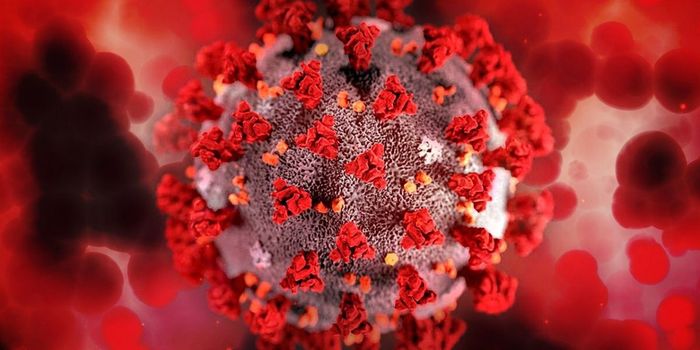Without Sleep, Your Brain Could Feed on Itself
What happens when we don’t get enough sleep? Maybe we struggle through the day with coffee and energy drinks or catch a quick power nap. More than a few studies cite sleep deprivation as the cause for depression, anxiety and even an increase in car accidents. The human body needs rest, especially the brain. According to new research, without proper amounts of sleep, certain cells in the brain will just start devouring other cells. The brain, when overtaxed by too much work and not enough sleep will actually begin a cellular process, that, in plain English, amounts to the brain feeding on itself.
A team at Marche Polytechnic Institute in Italy has completed a study in mice that show how this process kicks in. Many studies on brain activity are done with lab mice since the brain of a mouse is quite similar to that of a human. The research focused mostly on the two kinds of glial cells in the brain. These are cells that function almost like a cleaning crew. The brain is constantly working to get rid of dead cells and prune neuronal networks to function more efficiently. It’s a necessary process, however sleep deprivation can affect it. Earlier research has shown that crash dieting and drug use also have a similar result, causing the normal pruning process to go awry.
Astrocytes are one form of glial cells in the brain that manage synapses---the intersections of neurons that carry messages around the brain--- and they are overactive in mice that were chronically sleep deprived. Glial cells clear away synapses that are redundant or no longer efficient in the brain so the electrical pathways that are essential for communication in the brain are as streamlined as possible. However, increased activity in the mice that didn’t get enough sleep can result in synapses that are still necessary being pruned away or destroyed.
The mice in the study were divided into three groups. One group was allowed to sleep and wake up on their own, resting for as long as they wanted. The second group of mice was kept awake for an extra 8 hours, cutting down the normal amount of sleep most mice need. The third group, considered “chronically sleep deprived,” were kept awake for 5 whole days. It was in this group that the most amount of activity was seen in the glial cells, at 13.5% where in the typically rested mice it was only about 5.7%. In an interview with New Scientist, study author Michele Bellesi said, “We show for the first time that portions of synapses are literally eaten by astrocytes because of sleep loss.” According to Bellesi, the synapses that were consumed in some of this activity were larger and older connections and may have needed to be cleaned up for better efficiency, but more research would be needed to determine that.
In addition to the astrocytes, microglial cells, normally cells that sweep away debris from cells that are no longer functioning, were also more active in the sleep-deprived group. This is a concern because there is a great deal of research that already shows increased microglial activity in neurological disorders like Alzheimer’s disease and Parkinson’s disease. Connecting sleep deprivation to these disorders is likely a long way off though. The team’s research was published in the Journal of Neuroscience. More information can be found in the video below. While it’s not known if the results in this study of a mouse model can be replicated in humans, it’s still a good idea to get plenty of rest for optimal brain health.
Sources: New Scientist , Big Think, Journal of Neuroscience









